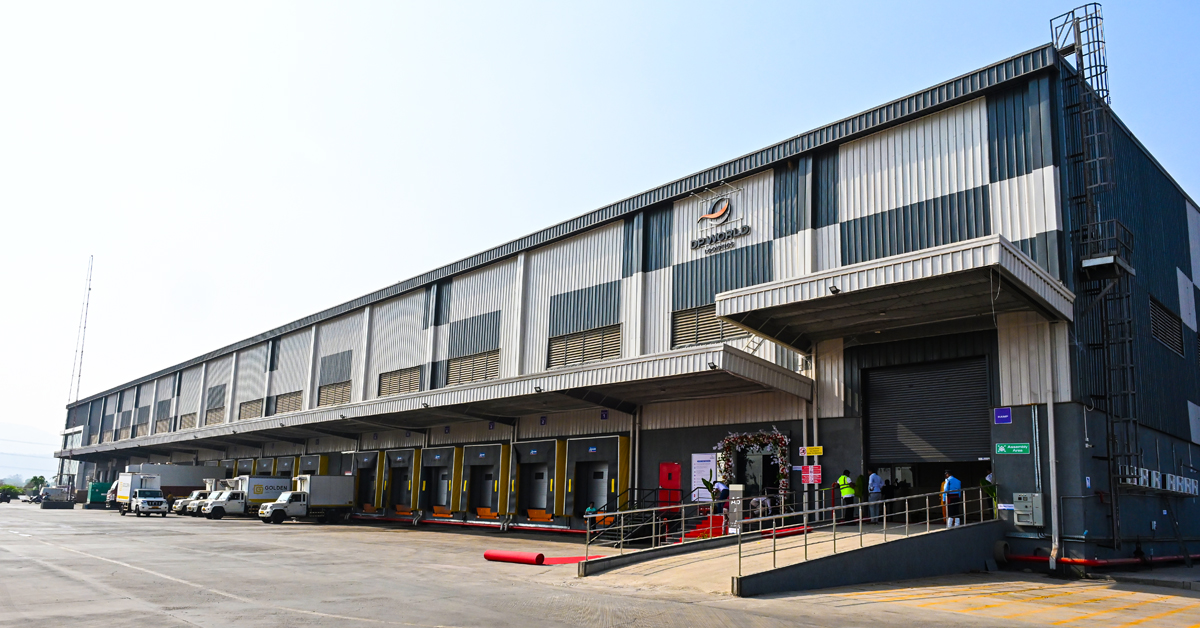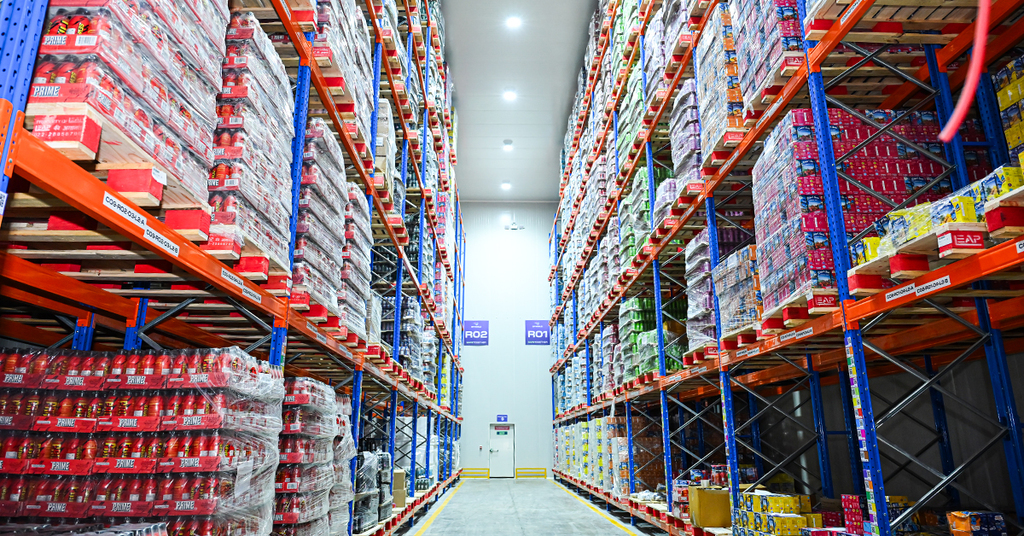A strategic addition to India’s fragmented cold chain sector, promising efficiency, sustainability, and regional economic growth
Maritime News India, Mumbai : In a significant step toward building a more resilient and integrated supply chain, DP World has launched a state-of-the-art cold chain warehouse in Taloja, Navi Mumbai. The 1,10,000 sq. ft. facility adds momentum to India’s push for a modern, technology-driven logistics ecosystem—especially for temperature-sensitive sectors like pharmaceuticals, FMCG, agri-exports, and QSRs.
The new facility brings DP World’s total warehousing capacity in India to over 5 million sq. ft. across 60+ locations, reflecting a strong commitment to building world-class infrastructure across the logistics spectrum.
India’s Cold Chain Challenge: A Sector in Urgent Need of Modernization
India loses an estimated ₹92,000 crore worth of food annually due to inadequate cold chain infrastructure, according to government estimates. With rising demand for processed food, pharmaceuticals, and cross-border agri-trade, the need for reliable temperature-controlled logistics has never been more pressing.
The cold chain sector in India is fragmented, under-capacitated, and heavily reliant on outdated infrastructure. Warehouses with poor insulation, single-zone cooling, lack of real-time monitoring, and inefficient connectivity often lead to product spoilage, reduced shelf life, and economic losses—especially for small and medium businesses.
Against this backdrop, DP World’s cold chain investment in Taloja is not just an expansion—it’s a strategic correction.
What Makes the Taloja Facility a Game-Changer
- Multi-temperature zones and 11,000 pallet positions support a wide range of perishable goods—from dairy, seafood, and meat to high-value pharmaceuticals.
- Advanced sustainable refrigerants and next-gen cooling systems improve energy efficiency and reduce emissions.
- Strategic location near JNPA Port (43 km), Navi Mumbai International Airport (39 km), and key freight corridors enhances multimodal logistics efficiency.
- Real-time environment monitoring, 24/7 surveillance, and fire-protection systems ensure safety, compliance, and cargo integrity.
This makes the Taloja facility ideal not just for large corporations but also for SMEs, agri-exporters, and retail chains who depend on short lead times and high-quality logistics to stay competitive.
Taloja: The Emerging Cold Chain Gateway of Maharashtra
Taloja is already a known industrial hub, home to numerous pharma and chemical companies in the MIDC belt. With the upcoming Navi Mumbai airport and enhanced connectivity to JNPA Port, it is fast emerging as a preferred logistics node in Western India.
The new cold chain facility will serve:
- Pharma clusters in Taloja, Ambernath, and Thane
- FMCG suppliers in Mumbai and Navi Mumbai
- QSR brands operating in the urban belt of Western Maharashtra
- Agri-exporters and farmer producer organizations (FPOs) across Raigad and Konkan regions
For these stakeholders, the cold chain warehouse brings better product preservation, faster market access, and reduced operational risks.
A National Push for Cold Chain Modernization
DP World’s latest move aligns with broader national efforts. The Government of India’s PM Gati Shakti initiative and the National Logistics Policy (NLP) both identify cold chain development as a priority for reducing logistics costs (currently 13-14% of GDP) and improving export competitiveness.
Multinational and Indian players alike are now investing in tech-enabled cold chains—a segment projected to grow at a CAGR of 14-16% over the next five years. Taloja’s facility sets a new benchmark by integrating sustainability, compliance, and digital control into the traditionally underdeveloped cold storage sector.
Infrastructure That Powers Growth
By combining warehousing with port terminals, rail, express delivery, and freight forwarding, DP World is building an end-to-end logistics network that is future-ready. The Taloja facility represents the next step in unlocking value in India’s supply chains, improving shelf life, reducing waste, and giving producers and retailers across Western India a competitive edge.
This is not just an investment in land and steel—it is an investment in India’s food security, healthcare access, and global trade ambitions.


